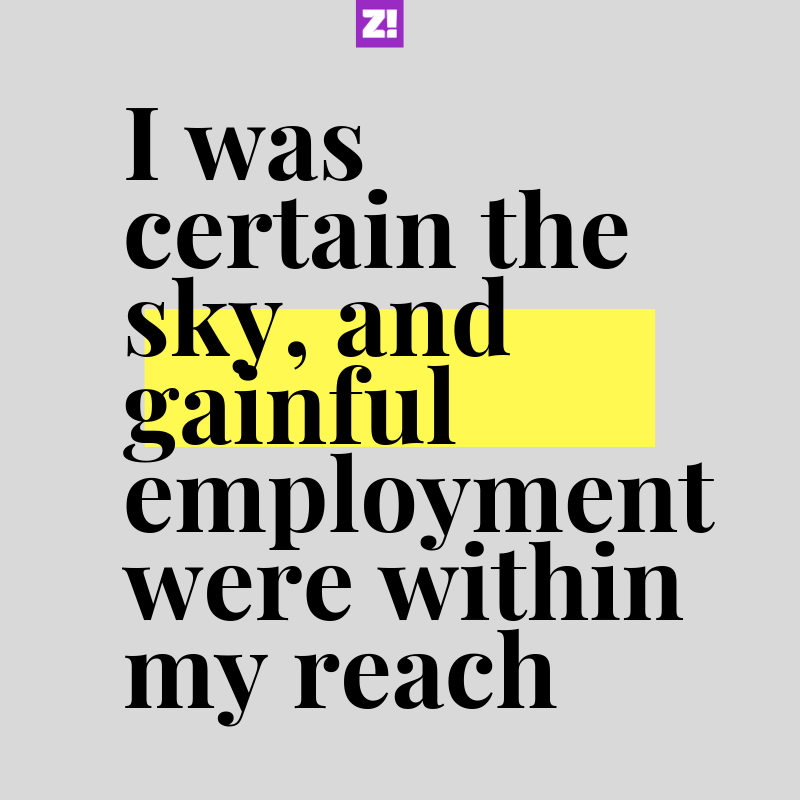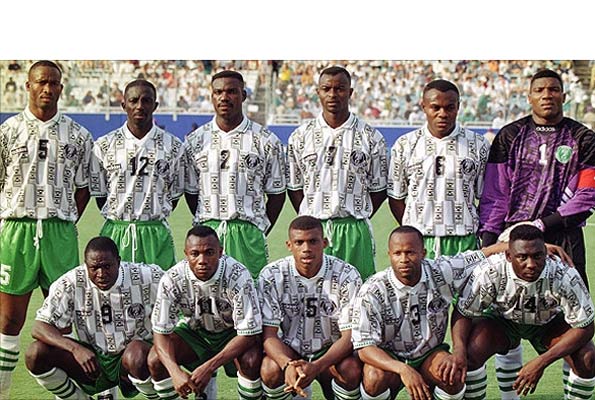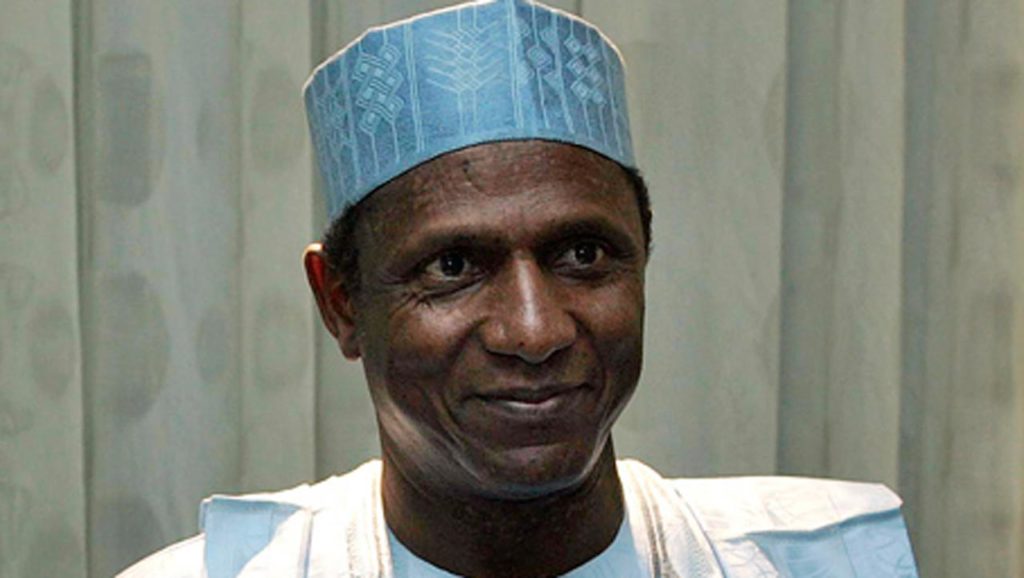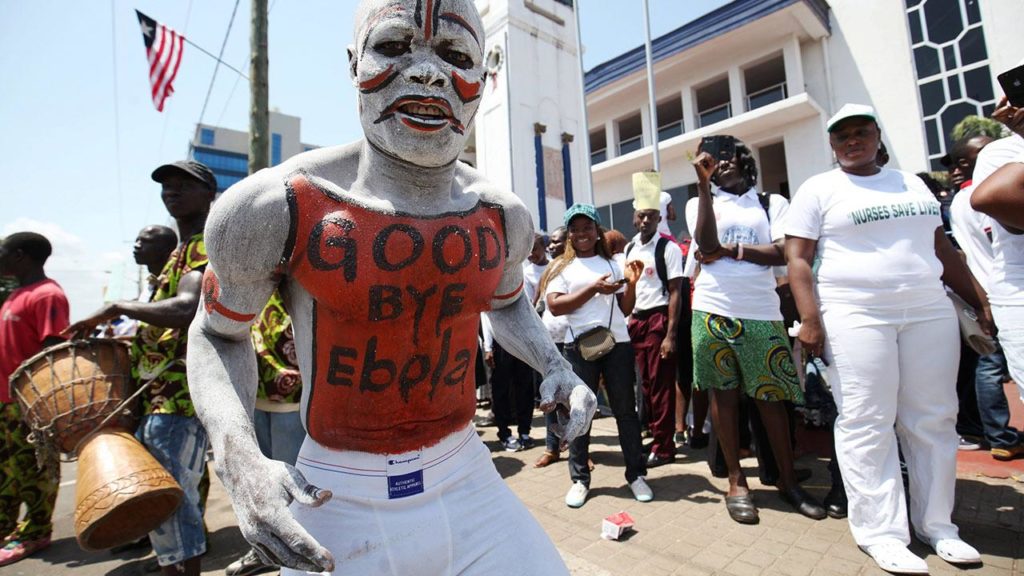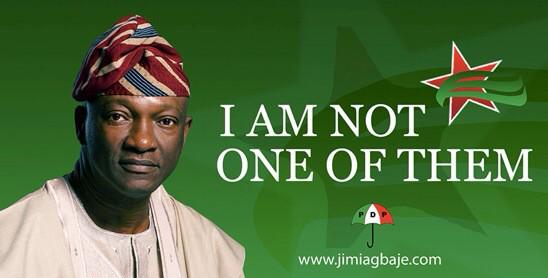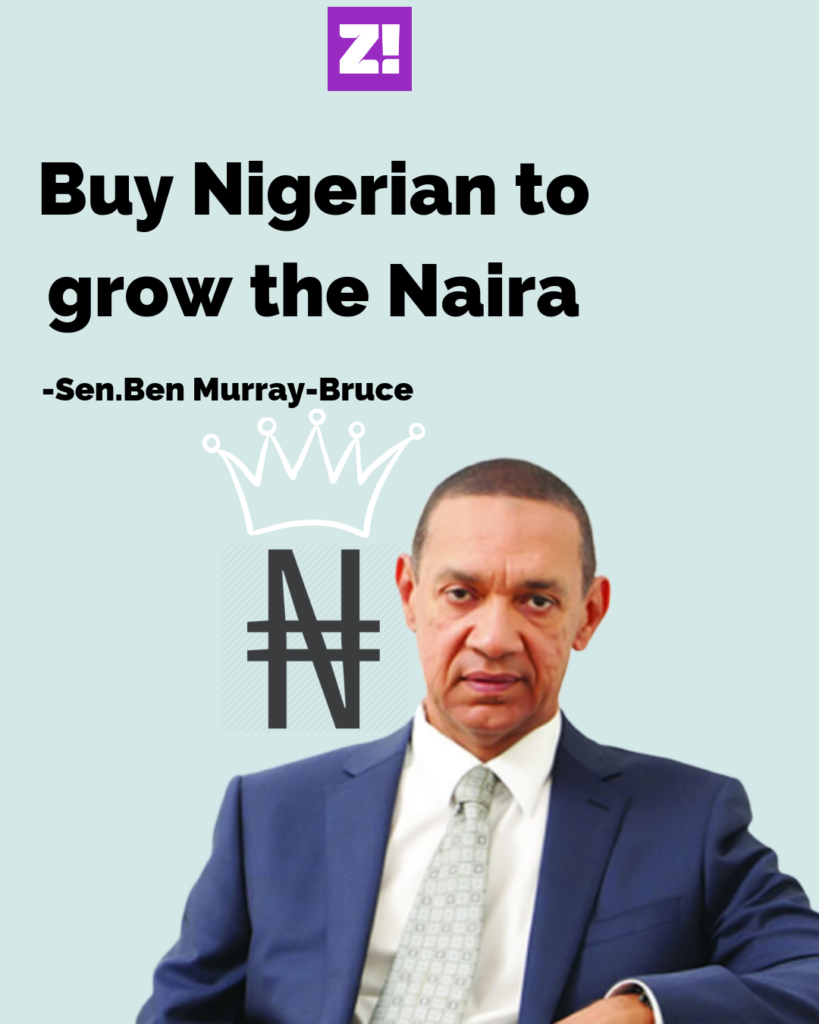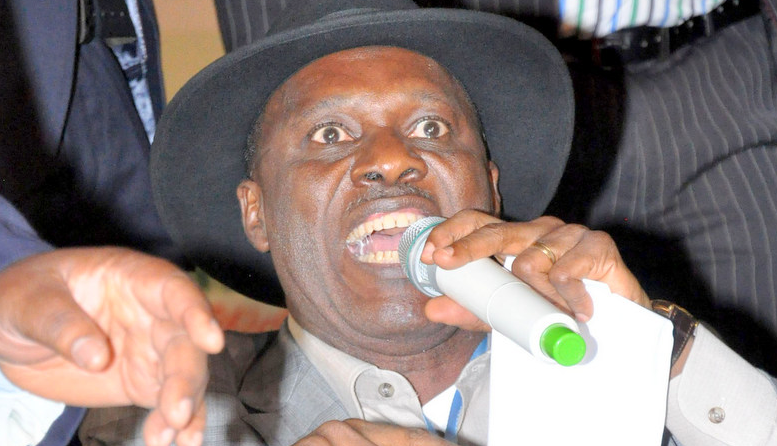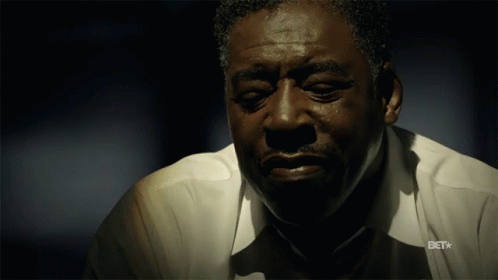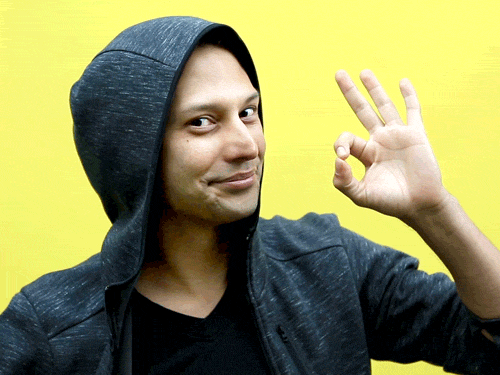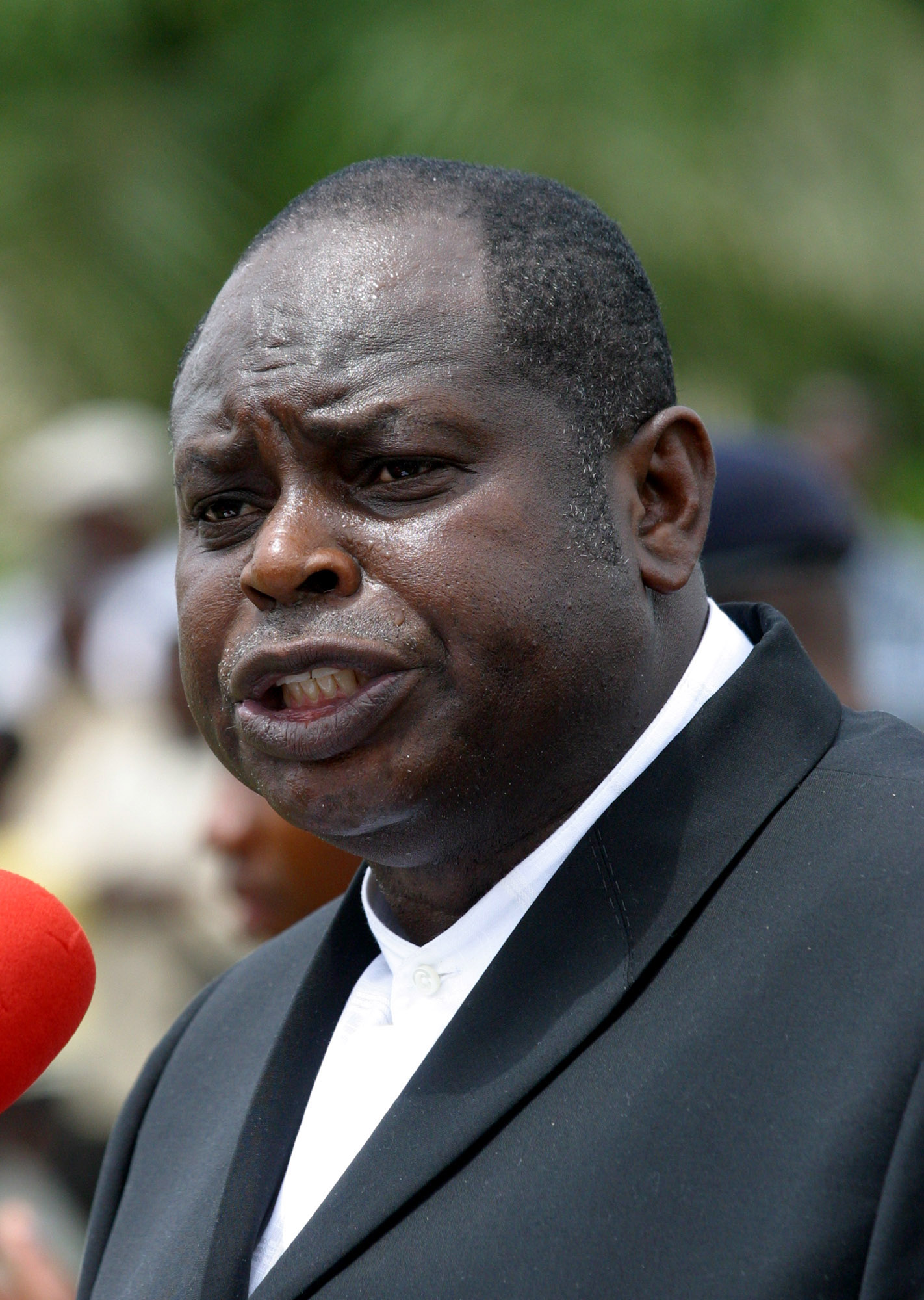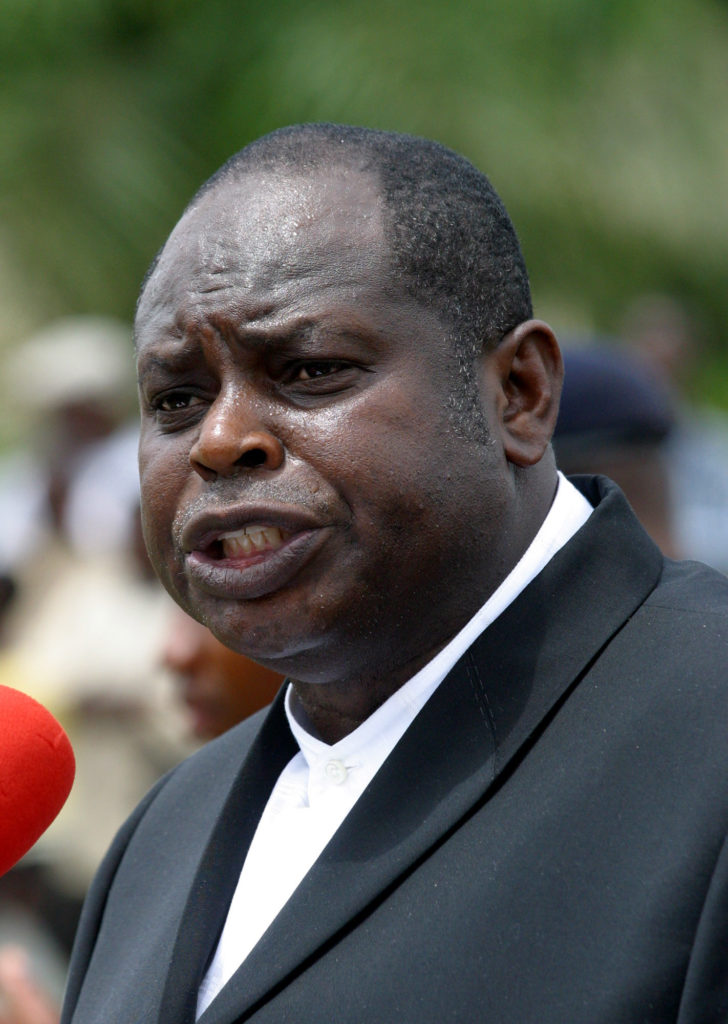When President Buhari assumed the reins of Nigeria’s leadership in 2015, he must have been strictly guided by the principle of “a government of the people, by the people and for the people”. So representative and people-centric was his administration to be that everyone — young, old and even those six-feet under would get a piece of good governmental action.
At least that’s what I’d like to believe. Or how else would you explain the monumental SNAFU that was the appointment of multiple deceased persons into governmental roles by his administration?
In December 2017, following what ought to have been two years of extensive vetting and interviews — the President, through the Secretary General of the Federation added yet another floor to the festering tower of Nigeria’s mediocrity, by announcing the appointment of 209 boardmen and 1258 board members into parastatals of the country. Only, these appointments just so happened to have a sprinkling of appointees who were unfortunately, in varying stages of rigour mortis at the time of the announcement.
Among these were:
Chief Donald Okpozo
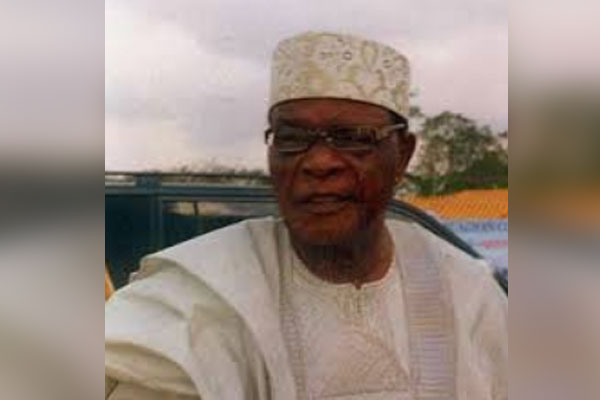
As a Second Republic lawmaker and Deputy Speaker of the now defunct Bendel State, Okpozo’s must have achieved many things to endear himself to the Presidency. So much so, an official condolence message was issued upon his passing in December in 2016, at the ripe post-retirement age of 81. Now, either the news of his death was too hard to come to terms with, or someone took his spirit living on a little too literally, because he was appointed Chairman of the National Press Council almost a year after his demise.
Chief Donald Ugbaja

Another blowback from the current administration’s misunderstanding of the term “I’ll sleep when I’m dead” — Chief Ugbaja’s passing in December of 2017, having served as a Deputy Inspector General of Police, failed to stop his appointment as a member of the Consumer Protection Council.
Reverend Christopher Utov
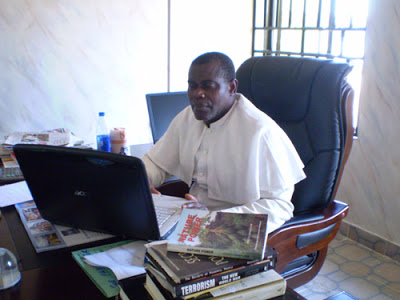
Who wasn’t left to rest in peace, as he was appointed a member of the Nigerian Institute of Social Research and Economic Research, despite passing away in March of 2017.
Other dearly departed on the list include: Garba Attahiru, Umar Dange, Magdalene Kumu, Dr Nabbs Imegwu and Comrade Ahmed Bunza.
Making their appointments especially ironic isn’t simply the fact that literal dead people were offered employment before the 18.8% that made up Nigeria’s unemployment rate in 2017 — but because the Buhari administration is so staunchly against the concept of ghost workers.
In 2016, his administration set up The Efficiency Unit of the Federal Ministry of Finance to audit the salaries and wages of government departments, specifically to counteract the problem of Nigeria’s ghoulish labour force. This initiative embarked on the auditing of salaries and wages in various departments, saving the government 500 billion in 2016 alone. So you would think a government that devoted would take extra measures against Nigerian ancestor is receiving afterlife bonuses, correct? We thought so too.
That wasn’t all that was wrong with the list, however. Oh no! What’s one disappointment when several can be unfurled? Also appointed were the controversial Herman Hember,whose position as the representative of the Vandeikya/Konshisha federal constituency of Benue State was nullified by the Supreme Court. Mr Hember also failed to return the salaries and allowances totalling N47,670,086, as mandated by the court’s ruling.

This stand up fellow was appointed a Board Chairman of the Michael Imoudo National Institute for Labour Studies.
The list also had a sprinkling of duplicated names here and there. It also saw the placing of members into the board of the National Football Federation, appointments which went against the agency’s governing statute. There were also placements into the already privatised National Iron Ore Mining Company (NIOMCO) in Kogi State.
In explanation for the faux pas, a whole lot of words were used to explain the fact that, no one bothered to give a list that was prepared two years prior, a once-over to make sure little slip-ups like human moves to the afterlife or name duplications, were absent before publicising.
While Nigerians were swift to call out the government on its exemplary sloppiness. Government officials like Itse Sagay failed to understand what all the fuss was about.
“To see that list and begin to quarrel about it seems to me a level of senselessness that I cannot imagine,”
“I regard their attitude as collective stupidity and evidence of idleness of mind.”
He really said so. I don’t know where the bar for his sensibilities lies, but it’s not above ground, I can tell you.
President Buhari shortly after ordered the reviewing of the list. During which time, another undisclosed appointee passed on. These things tend to happen when past-septugenarians are given employment as opposed to much needed elderly TLC.
The list has since been reviewed to much less fanfare, but are we ever going to forget that the Nigerian government saw dead people and tried to give them jobs? I think not.



